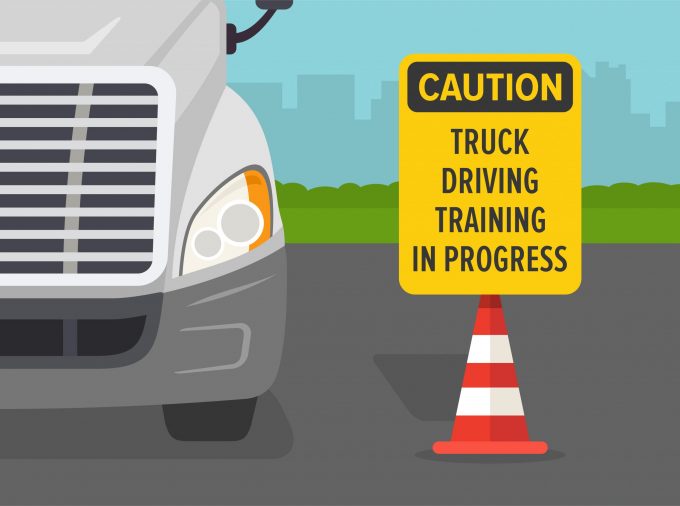UK government-funded training scheme for HGV drivers attracts 2,000
Government-funded training for HGV drivers, Skills Bootcamps, opened for business today with the aim of injecting ...

The UK faces an acute and chronic shortage of HGV drivers, but industry and government have taken action to tackle the immediate shortfall.
Hauliers have increased driver pay and improved conditions and the government has introduced fully funded HGV driver training courses, among other measures.
This has helped ease the crisis, short-term, but both industry and government need to do more to tackle the underlying reasons for the shortage.
So, what can we do to address the long-term lack of drivers? The answer begins ...
Comment on this article